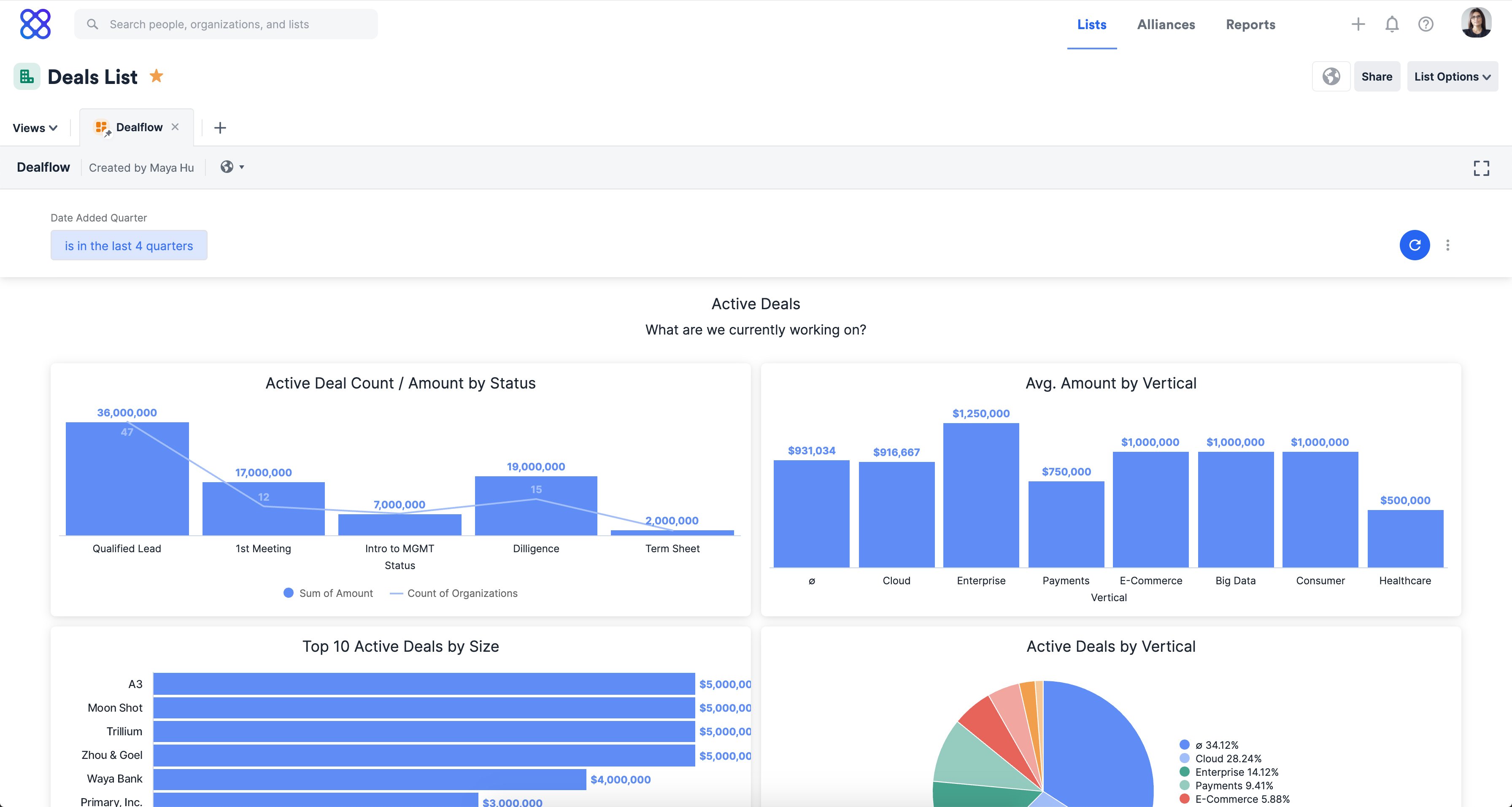As with any important relationship, it’s necessary when working with LPs to ensure both your team and theirs are getting what they want and need out of your partnership. Investor relations take work, but keep in mind that LPs are basing their decisions on their risk assessment when evaluating where to invest. Here are three tips for demonstrating your firm's value to potential investors so you can build strong, enduring relationships with your LPs.
Showcase your prior successes
Your prior success is a strong indicator of your future success. A report by Mountside Ventures and ALLOCATE outlines the results of surveys with 63 LPs across 15 countries. Collectively these LPs had met with over 2,000 prospective venture capitalists in the prior year. 60% of those surveyed said that a venture capitalist’s track record was the most important investment factor. Other factors—including the fund's investment thesis (12%), the size of their network (9%), and alignment of interests (9%)— were far less important.
And they aren’t alone in their findings. According to Oper8r and Carta, in order to home in on an investment decision, an LP must evaluate a firm’s track record. The LP will be keen to see all of your firm’s investments in one place. If an LP needs to spend extra time tracking down various investments, you’ll be less likely to convert that LP into an investor in your fund—you may even struggle to secure an initial meeting.
A well-designed narrative around your investment track record can bring your investment portfolio to life and help an LP understand your portfolio and your investment thesis. With the right tools, you can consolidate all of your investment history in one place.

Quickly and concisely tell your firm's story with custom analytics dashboards so your LPs know what to expect from your previous performance.
Easily shared analytics dashboards can turn years of communications and deal history into digestible charts and graphs. For example, Affinity Analytics works directly with your CRM to shape custom dashboards to tell your story, your way. Your investing track records may be a large part of your firm’s appeal, but don’t forget: there are more reasons that your firm can provide unique value to your LPs.
Highlight your team's skills
LPs want to know that you can manage their money—and manage it well. A key way to lay the foundation for a strong relationship is to showcase your team. In their book, Beyond the J Curve: Managing a Portfolio of Venture Capital and Private Equity Funds, Thomas Meyer and Pierre-Yves Mathonet ask, “can this team generate strong returns?” In their eyes, due diligence begins and ends with the fund's investment team, and LPs need to know whether they can trust their potential partners.
LPs want to understand the stability of your team as it demonstrates a good working history. After all, if an LP values your firm’s track record, they will be more excited about working with the team who achieved it.
They will also likely want to evaluate the composition of your investment team, including whether your team members have complementary skill sets. Shrewd LPs are increasingly evaluating the diversity of investment teams, much in the same way that VCs are now prioritizing diversity in their portfolio companies.
Finally, LPs will also be on the lookout for evidence of effective succession planning, which will give them confidence that your team will be able to continue to succeed. Daniel Blomquist has spoken about the importance of “depth and stability” in building strong LP relationships. LPs want to be confident that you have a strong team in terms of depth of knowledge, as well as stability through clear succession planning.
Focus on building a lasting relationship
Colette Ballou, an LP in many early-stage European VC firms, has said that she’s been surprised at the number of venture capitalists that don’t use common sense in their approach to LPs and try to rush them to a “yes.” Colette explains that LPs need to invest significant time and effort in conducting due diligence to acutely understand the people and funds that they are considering investing in.
Mountside Ventures and ALLOCATE’s report also found that LPs view building long-term relationships with prospective firms and venture capitalists as crucial—only 20% of respondents had invested in a fund they had known for less than a year.
Elina Berrebi, founding partner at Paris-based VC firm, Gaia, has succinctly described her strategy for nurturing relationships with LPs. She emphasizes the importance of explaining your fundraising, recruiting, and deal-making targets, as well as updating LPs regularly on your progress. She advises venture capitalists to under-promise and over-deliver.
As well, she recommends playing the long game—meet many LPs and follow up with them regularly as they aren’t likely to write a check until the tenth meeting with you. Tracking and monitoring the data related to your most important relationships then becomes an invaluable part of effectively managing operations at your firm. This includes:
- Properly tracking calls and meetings so you know how frequently you are in contact
- Having reminders set to follow up at a regular interval
- Knowing who on your team is connected to that specific LP
- Ensuring all of the most recent news on that contact is up to date
In order to strengthen your investor relations, you need to adopt a long-term perspective with an eye to continually build strong relationships. Remember that an LP influences far more than your cash flow, especially in the early stages. The vetting period should also be a two-way street—you should assess which LPs have the ability to challenge and develop your firm with the right knowledge, insight, connections, and ideas.
{{request-demo="/rt-components"}}







.png)


.webp)

